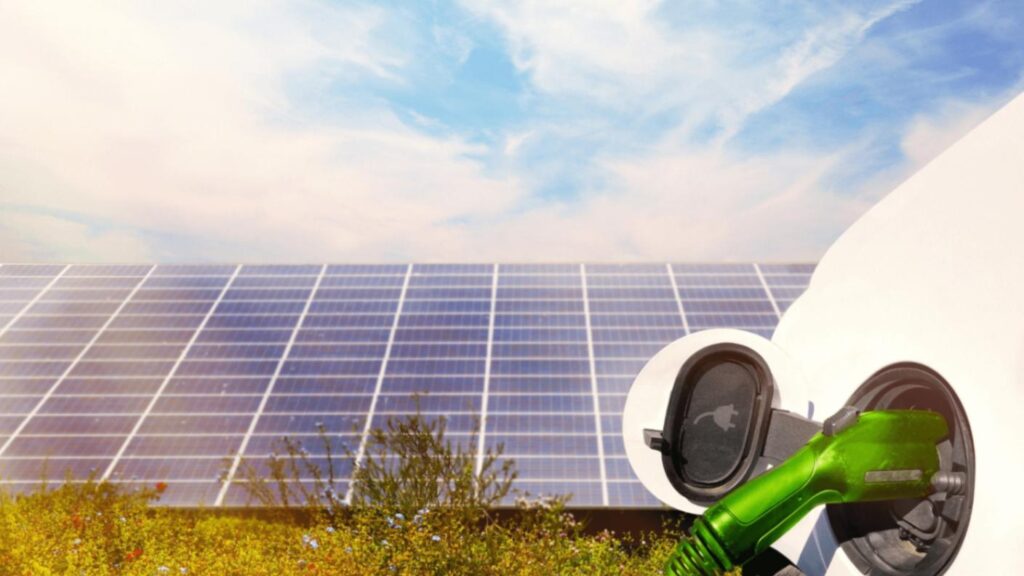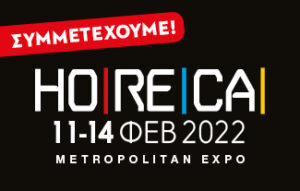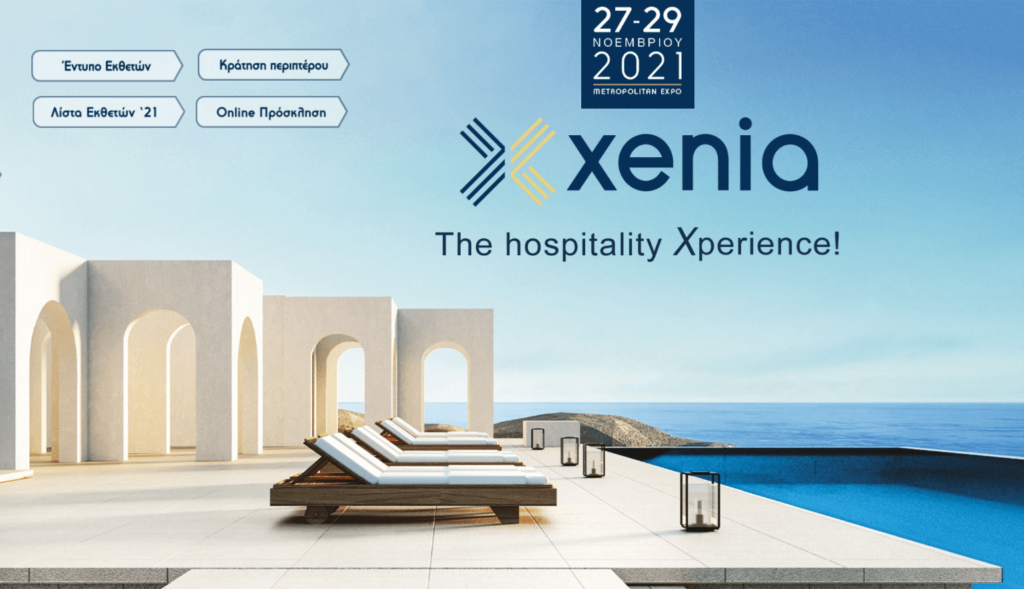Aim of the Strategic Investments
The aim is to improve the investment climate for the implementation of strategic investments, in order to simplify and accelerate the processes of their evaluation and implementation and to strengthen the legal certainty of strategic investors.
Definition of Strategic Investments
“Strategic Investments” means investments which, due to their strategic importance for the national or local economy, can enhance employment, productive reconstruction, and the promotion of the natural and cultural environment of the country, ac- cording to with the principles of socially equitable, inclusive, balanced, and sustainable development, with the main features:
- attracting investment funds,
- extroversion and export activity,
- innovation, competitiveness, integrated design,
- saving natural resources in the perspective of the circular economy and high added value,
- particularly in areas of economic activity of internationally marketable products or services.
Business Format
- Individual Enterprises
- Commercial Companies
- General Partnership
- Private Capital Company or Individual Businesses
- Social Cooperative Enterprises, Rural Corporate Partnerships
- Start – ups and under M&A process companies
- Enterprises operating in the form of a consortium
Investment Categories
Investments in the provisions of the Strategic role are divided into:
1.”Strategic Investments 1″, which meet at least one (1) of the following conditions, regard- less of investment sector:
a) The total investment budget is greater than seventy-five million (75,000,000) euros.
Investments a) may receive one (1) or more of the incentives: Location Incentive, Tax Incentive and Rapid Licensing Incentive.
b) The total budget of the investment is greater than forty million (40,000,000) euros and at the same time with the investment are created in a sustainable way seventy-five (75) new Annual Work Units (EMUs).
Investments b) may receive one (1) or more of the incentives: Location Incentive, Tax Incentive and Rapid Licensing Incentive, Strategic Investment Expenditure Support Incentive.
2.”Strategic Investments 2″ which meet at least one (1) of the following conditions, regardless of investment sector:
a) The total investment budget is more than twenty million (20,000,000) euros and concerns one (1) or more of the sectors of agri-food, research and innovation, biotechnology, cultural and creative industries, biotechnology, artificial intelligence, medical tourism, waste management, space industry or more than twenty million (20,000,000) euros and the investment is aimed at the digital transformation of the business or the provision of cloud computing services (“cloud computing”).
Investments a) may receive one (1) or more of the incentives: Tax Incentives, Rapid Licensing Incentive, Incentives to Strengthen Strategic Investment Expenditures
b) The investments create in a sustainable way at least fifty (50) new Annual Work Units and their total budget is more than thirty million (30,000,000) euros.
Investments b) may receive one (1) or more of the incentives: Tax Incentives, Rapid Licensing Incentive, Incentives to Strengthen Strategic Investment Expenditures
c) They constitute investments within Organized Recipients of Manufacturing and Busi- ness Activities, which sustainably create at least forty (40) Annual Work Units and their total budget is more than twenty million (20,000,000) euros.
Investments c) may receive one (1) or more of the incentives: Tax Incentives and Rapid Licensing Incentive, Incentives to Strengthen Strategic Investment Expenditures.
3.”Emblematic Investment”
They are implemented by distinguished legal entities and promote the green economy, innovation, technology, as well as the green economy of low energy and environmental footprint and especially in this field, infrastructure investments with specific energy criteria for the construction of new buildings, systems that combine Renewable Energy Power Plant (RES) and “green” hydrogen production system, if the produced electric energy is used exclusively for the production of hydrogen, RES electricity storage systems, and facilities of marine wind or floating photovoltaic parks, as well as investments that significantly strengthen the Greek economy and its competitiveness at the international level.
Investments can receive one (1) or more of the incentives: Location incentive, Tax incentives, Rapid licensing incentive, Incentives to enhance strategic in- vestment expenditures.
Regarding the aid for Incentives to increase strategic investment costs, investments that are implemented within the Depoliticization Zones (ZAP) of law 4759/2020 (A ‘245) can receive the specific aid at a rate of one hundred percent (100%), as provided in Regulation (EU) 651/2014.
The investments that are implemented outside Z.AP. of Law 4759/2020 can receive the reinforcement of the previous paragraph at a rate of eighty percent (80%) of the provision of Regulation (EU) 651/2014.
A prerequisite for the provision of tax incentives and incentives to increase strategic investment costs, divisive or cumulative, in investment plans, which fall into this category, is the completion of their implementation by December 31, 2025.
In case of exceeding the above implementation deadline, the investment is declassified as “Emblematic Investment of Exceptional Significance” and the approved incentives are revoked.
i. A three-member committee is set up to characterize an investment project as an “Emblematic Investment of Extraordinary Significance”, the members of which are scientists of recognized prestige in various specialties.
ii. With a decision similar to that of sub. (ca) determine the procedure for the integration of the investment, the manner of monitoring and controlling the implementation of the investment, the manner of payment of the aid, as well as any other necessary de- tails for the application of the present case.
iii. Within seven (7) days from a relevant request of the “Hellenic Investment and Foreign Trade Company SA”, the Commission gives an opinion regarding the problematic or not nature of the investment.
4.”Strategic Investments for Rapid Licensing”, which meet the criteria mentioned in one (1) of the following sub-cases:
a. They create in a sustainable way at least thirty (30) new Annual Work Units and their total budget is more than twenty million (20,000,000) euros. Investments in this case may receive one (1) or more of the rapid licensing incentives and incentives to increase strategic investment costs.
b. Create at least thirty (30) new Annual Work Units in a sustainable way, provided that their total budget is more than ten million (10,000,000) euros and they are part of an investment, which has already been strategy and its implementation has been completed. Investments in this case may receive one or more of the rapid licensing incentives and incentives to increase strategic investment costs.
c. are existing investments, strategic or not, which are undergoing restructuring or modernization or expansion of their facilities and their total budget is more than fifteen million (15,000,000) euros, provided that one hundred (100) of the Annual Work Units are sustainably maintained. Investments in this sub-case can be motivated by rapid licensing.
5.«Automatically Incorporated Strategic Investments», which meet the mentioned criteria in one (1) of the following sub-cases: a) They constitute investments of law 3389/2005 (A ‘232), which have been approved and investments for the European Projects of Common Interest (PCI) of article 8 of law 4271/2014 (A’ 144). In this case are included investments that are Important Projects of Common European Interest (IPCEI) of legal entities, which participate as direct members in projects of Important Projects of Common European Interest, provided that the total budget is more than twenty million (20,000,000) euros.
The investments in this sub-case may receive one (1) or more of the incen- tives: Tax Incentives and Rapid Licensing Incentive.
b) They constitute “Strategic investments of spatial organization of enterprises”, which concern the development of business parks of law 3982/2011 (A ‘143), in an area of at least five hundred (500) acres and with a total budget of over ten million (10,000).euros.
Investments in this category may receive one (1) or more of the incentives: Site Incentive, Tax Incentive and Rapid Licensing Incentive.
Investment Criteria
Investments in electricity generation units are characterized as “Strategic Investments”, pro- vided that meet the following conditions:
a. They fall into one of the following categories:
i. Systems that combine a power plant from RES. and a “green” hydrogen pro- duction system, since the electricity produced is used exclusively for hydrogen production.
ii. Installations of marine wind and / or floating photovoltaic parks
iii. RES projects that connect areas of the Territory that have not been interconnected and are not foreseen to be interconnected with the National Electricity Transmission System via submarine cable, in accordance with the approved, according to the application, ten-year Development Program (D.A.P.A.) of the National Electricity Transmission System (Ε.Σ.Μ.Η.Ε.).
iv. RES projects fully controlled electricity generation according to par. 14 of arti- cle 2 of law 4414/2016 (A ‘149).
v. Electricity storage systems from RES (they can be included exclusively in the category “Emblematic Investments of Extraordinary Significance” and receive the incentives provided in this category, provided that the relevant applica- tions have been submitted by 1.11.2021.)
b. They have a budget of at least seventy-five million (75,000,000) euros.
Auxiliary and accompanying projects
Auxiliary means temporary projects, which aim to serve the Strategic Investments during their construction phase, such as quarries, loan chambers, makeshift office facilities.
Accompanying projects, meaning permanent projects to support strategic investment, such as projects required for connection to electricity, telecommunications, gas, water and sewerage networks, as well as access roads and junctions connection of the installation sites of the projects with the national and provincial road network and with the main road network of the region.
Incentives
1. Location Motivations
Up to one (1) non-adjacent area can be included in the investment, which cumulatively:
Covers less than fifty percent (50%), of the total area of the main investment property,
is not necessary to ensure perfection – buildability of the main property &
has a maximum distance, with the other property, one and a half (1 ½) kilometers
The compulsory expropriation of real estate or the establishment of real rights over it is allowed for the service of the Strategic Investments and their auxiliary and accompanying projects. The expropriated area may not occupy a percentage of more than three percent (3%) of the total area of the investment.
2. Tax Incentives
Investments that are characterized as Strategies can be motivated stabilization of the income tax rate applicable at the date of their designation, for legal persons and legal entities for a period of time, which is set at twelve (12) years from the completion of the investment plan.
The investor can make use of the consolidated income tax rate from the tax year of completion and commencement of productive operation of the investment.
Investments, which are characterized as strategies, may receive separators:
a. Tax exemption consisting of the exemption from the payment of income tax on the pre-tax profits
The entity may utilize the entire eligible tax exemption within fifteen (15) tax years and not less than three (3) tax years from the year in which the right to use the incentive is established, or
b. Acceleration of tax depreciation of fixed assets that have been included in the ap- proved investment plan by increasing the rates by one hundred percent (100%). If the initial rate of depreciation is higher than twenty percent (20%), the final rate of in- crease may not exceed forty percent (40%).
For manufacturing companies, depreciation of machinery and non-technological equipment is deducted from gross income at the time of their realization, increased by thirty percent (30%).
3. Rapid Licensing Incentive
Subject to the issuance of any required permit or approval for the execution of pro- jects, the installation or operation of a strategic investment, including spatial planning permits.
4. Incentives to increase strategic investment costs, aid may be provided in the form of a grant.
The supported expenditure categories are:
i. Aid for the employment of disadvantaged workers and persons with disabilities. The aid of this category, combined with other state aid received by the investor, may not exceed five million (5,000,000) euros per investment project.
ii. Aid for research and development projects, if the project relates to industrial research, experimental development, or feasibility studies. The aid of this category, combined with other state aid received by the investment body, may not exceed for projects:
industrial research, twenty million (20,000,000) euros, per investment project,
experimental development, fifteen million (15,000,000) euros, per investment project,
feasibility studies and preparation of research activities, the seven million five hundred thousand (7,500,000) euros, per investment plan
The investment plans, which are included in the “Emblematic Investments of Extraor- dinary Significance”, to receive aid, divisive or cumulative, in the following form:
the grant, which consists of the provision of money by the State
the leasing subsidy, which consists of the coverage by the State part of the paid installments of the leasing
the subsidy of the cost of the created employment, which consists in the cov- erage by the State part of the salary costs of the new jobs.
Submission and documentation
The investment body pays to the “Hellenic Investment and Foreign Trade Company SA” to cover the administrative costs of processing its investment file management fee.
The amount of the total management fee is calculated at one percent (0.1%) of the total cost of the investment and cannot be less than fifty thousand (50,000) euros, nor exceed two hundred fifty thousand (250,000) euros.
Twenty-five percent (25%) of the management fee is paid to the “Hellenic Investment and Foreign Trade Company SA.” at the submission phase by the investor.
The remaining seventy-five percent (75%) is paid to the “Hellenic Investment and Foreign Trade Company SA”, during project management.
for further information click here














